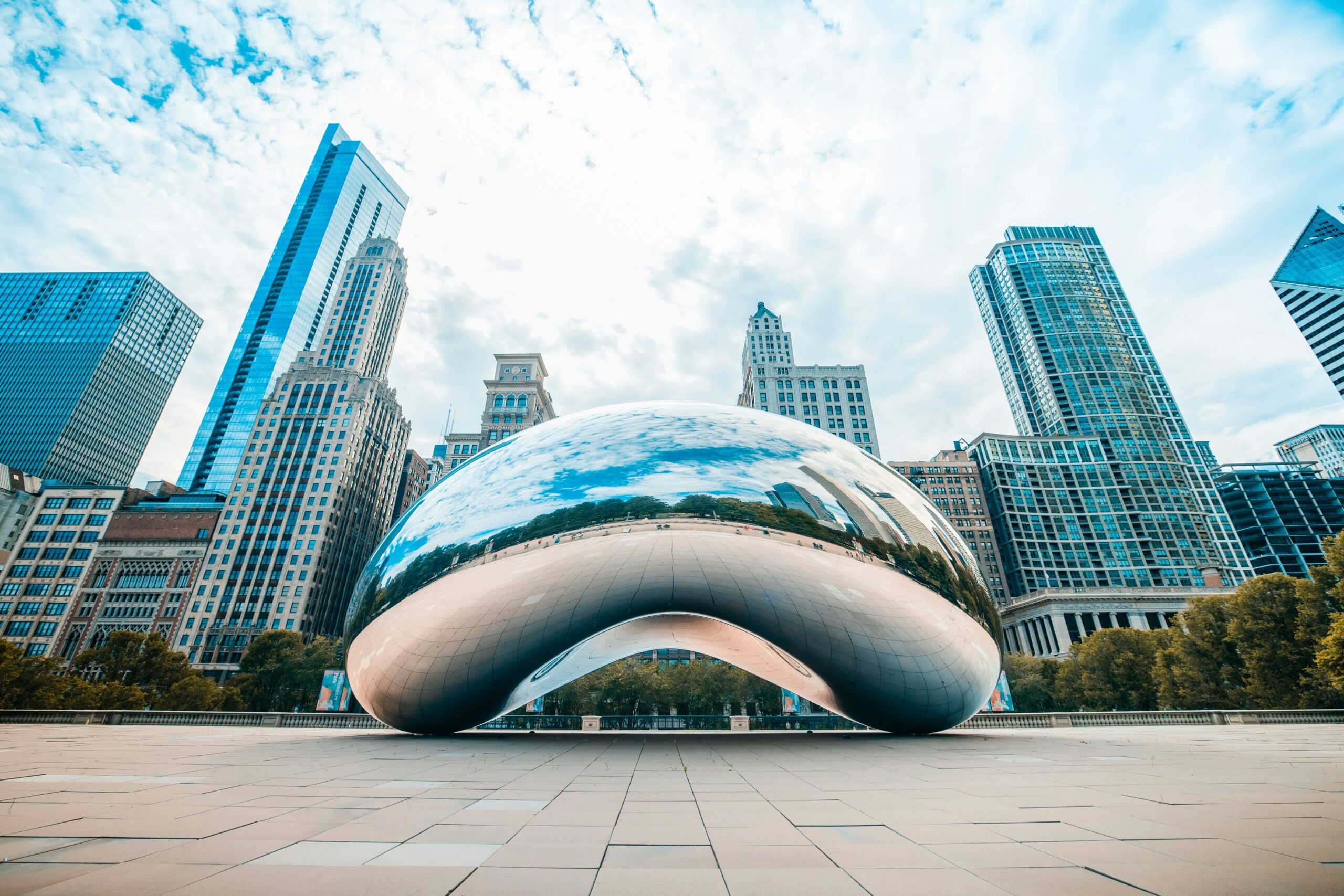By Fay Harvey
CHICAGO — Chicago Mayor Brandon Johnson, alongside the Chicago Housing Department, recently introduced the green social housing (GSH) enabling ordinance to the Chicago City Court, the latest step taken thus far in the pursuit of GSH development.
Using a unique funding model through a $135 million revolving loan, the city intends to create affordable, mixed-income housing. Developments will be planned to meet Green Building Standards, which will lower carbon emissions, decrease utility costs and improve residents’ health. To attain zero-emission status, GSH will be built and rehabbed around power sources such as solar, wind and geothermal technology. Additionally, houses will sit alongside onsite greenhouses for agricultural use.
If the enabling ordinance passes, the Chicago Department of Housing will create an independent nonprofit, the Residential Investment Corp., to serve as the GSH developer.
The revolving loan will be managed by the nonprofit and used to provide short-term construction funding, removing the need for federal subsidies such as Low-Income Housing Credits. Starting at $135 million derived from the city’s $1.25 billion housing and economic bond, developers will borrow from the loan to finance GSH projects, and money repaid will go back into the fund. Private developers will cover for construction costs that are not covered by the loan.
This sustainable funding plan eliminates the need for private equity, in turn lowering construction costs and speeding up processes. Private developers interested in using the fund will work alongside the nonprofit to develop homes, while the nonprofit retains majority ownership during and after construction. This model allows the city to maintain control of prices and keeps developers from using the project as an opportunity for profit alone.
“I am proud to introduce the Green Social Housing Ordinance to City Council in an effort to increase the supply of affordable housing across our city and achieve environmental justice for our residents,” said Mayor Johnson in a statement. “This financing model will ensure that we have a consistent funding commitment to answer our need for housing units that meet Green Building Standards, and it will make Chicago a national leader for innovatively and steadfastly investing in our communities.”
The proposed plans come at a time of need for Chicago as the city faces an affordable housing shortage of more than 119,000 units. According to a city statement, 51% of residents are rent burdened and spend more than 30% of their income on housing and utilities. Across the state of Illinois, 27% of renter households qualify as extremely low income, according to an Illinois Green New Deal coalition statement.
Under the new GSH model, 30% of developments will be made permanently affordable for residents that earn up to 80% of the area’s median income. Households that earn more than 80% of the area’s median income will have access to the developed homes at market rate.
“In the midst of this long-standing housing crisis, it is imperative we take bold steps towards creating affordable, sustainable housing for all Chicagoans,” said Lissette Castañeda, housing commissioner in a statement. “Green Social Housing is an innovative and proven strategy to maximize the impact our resources have on affordability.”
The Illinois Green New Deal coalition projects the state’s GSH development will create 361,146 union jobs and opportunity for apprenticeships programs. It will also stimulate the local economy through the hiring of frontline community members for building and maintaining the housing.
If the plan is approved, the city will begin recruiting developers by early fall. The first development proposal will be presented to the City Council in early 2026, with construction starting immediately. The first GSH units could be available by 2027.


